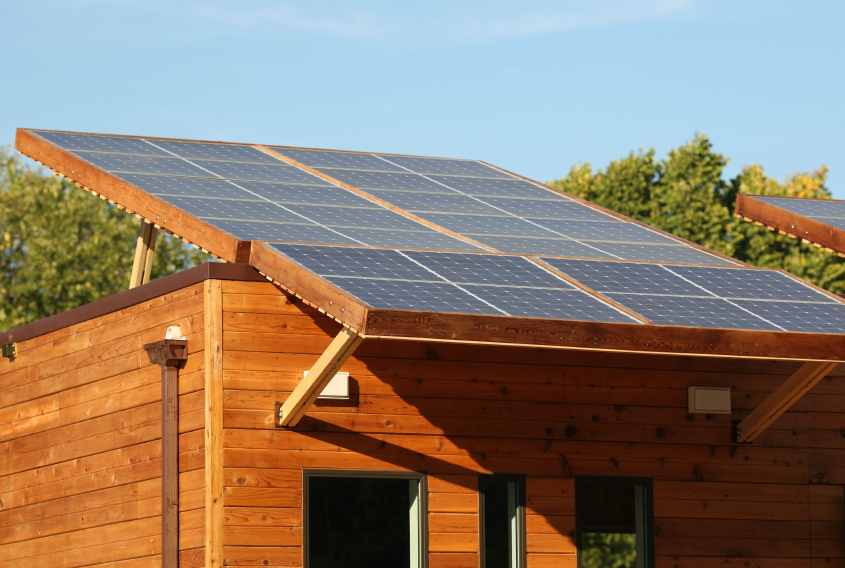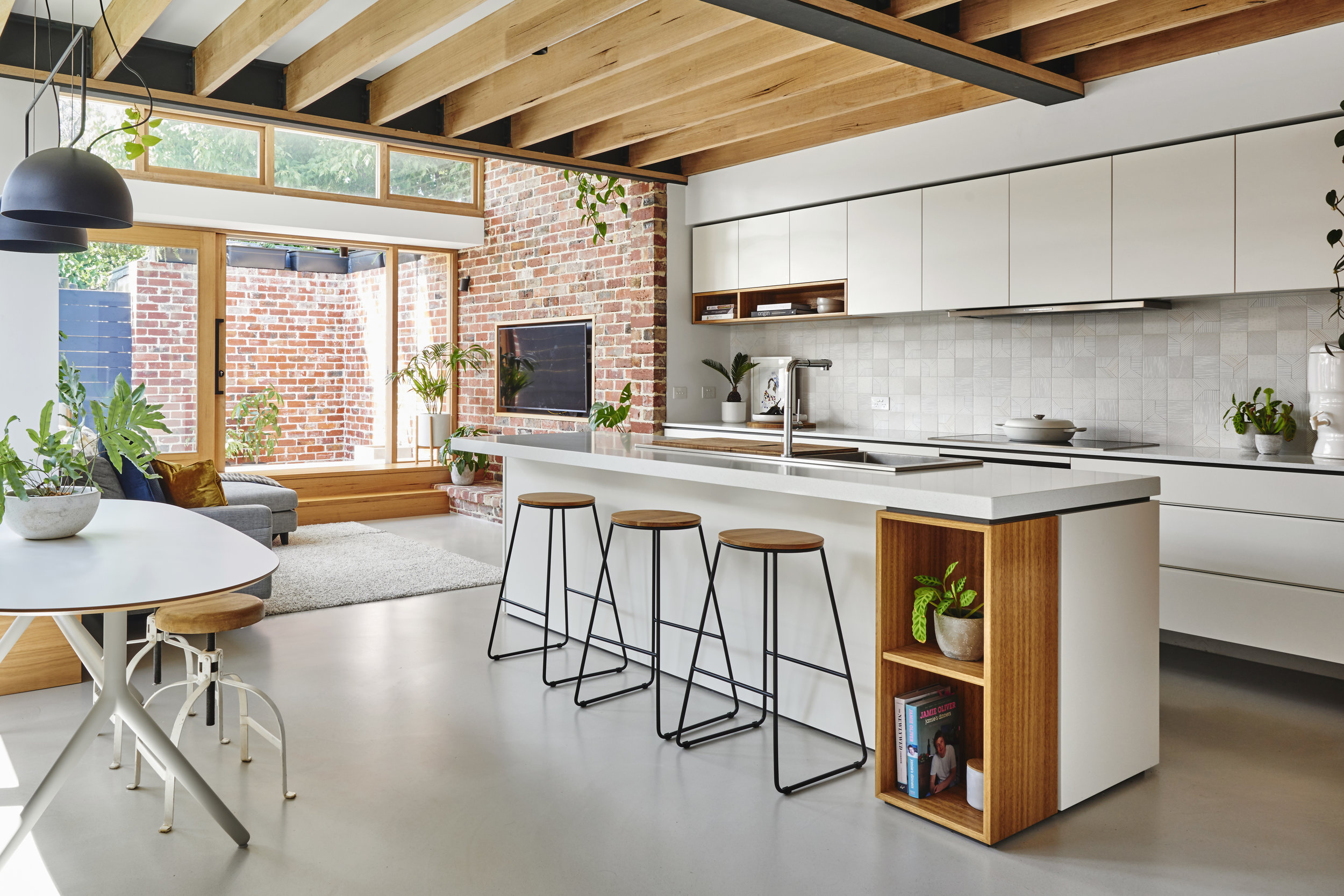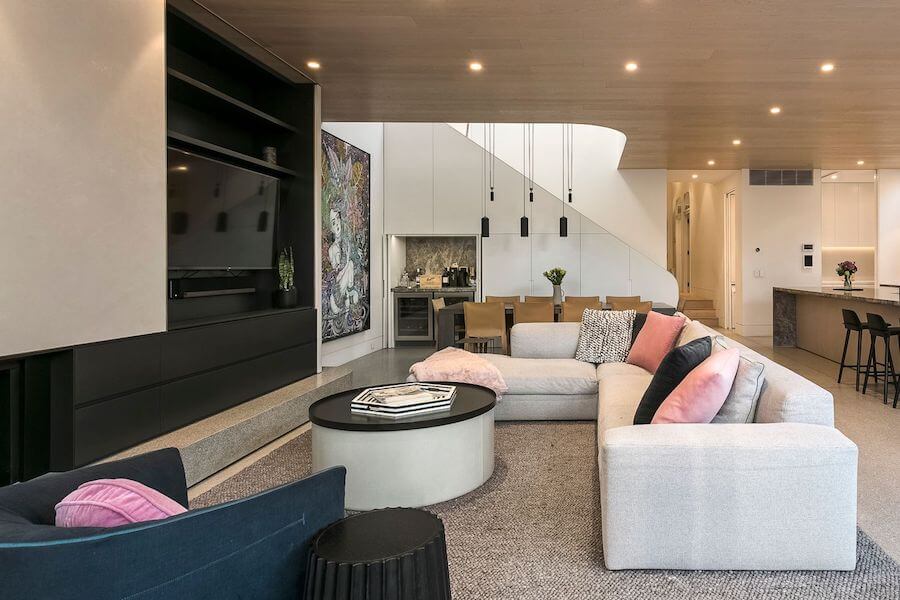Greening Your Home

Sustainability is something many people want to consider in their homes, especially when designing a new construction. Even if you’re just considering minor renovations for your current house, there are plenty of ways you can make it more eco-friendly.
Using sustainable materials: In many types of furniture and accessories, you can look for natural materials like organic cotton and bamboo, which, as a plant that grows back when cut, is more sustainable than many other woods. Recycled glass can be a good tile option for walls or counters. In general, reclaimed or recycled materials, whether for construction, finishes, or furniture, are more eco-friendly than more newly produced ones.
Flooring is also a good opportunity to use greener products. Along with being good for furniture, bamboo holds up well as a flooring material. For high-traffic areas like kitchens, cork is an especially sturdy natural material that has enough give to be comfortable when standing or walking on it for long stretches at a time.
Green cleaning products: For a small change that makes a big difference, look for more organic brands and avoid bleaches, ammonia and other harsh chemicals—choose something without warnings about toxicity. You may often be able to use natural products, like baking soda and vinegar, to help scour and deodorise.
Heating and cooling: When designing a new house, you’ll likely want to include enough windows to create a good air flow as part of keeping the house cooler in summer. Skylights are good for both natural lighting (to lower energy use) and letting heat escape. Including plenty of shade plants and keeping the outside of your house a lighter colour, so as not to absorb light and heat, will also help. If you’re already in a house without much ventilation, focus on closing off drafts where hot air can get in and on cooling and circulating the air within a smaller space.
In winter, good insulation—including heavier window treatments—and closing off drafts will help you keep the heat in, and fireplaces or space heaters are good ways to avoid energy waste.
Solar paneling: This is one option that increasing numbers of homeowners are turning to. You may even be able to get tax and utility deals for installing solar panels, although it may increase insurance premiums a bit. There are plenty of companies to sell and install your panels, so check for somebody reputable. You’ll want to get them professionally installed, and also make sure that you have the necessary permits beforehand. If your roof tends to get a lot of sunlight, this can be a big help for your home energy efficiency.

These tips will help you start using less energy, less water, and fewer chemicals and freshly harvested materials in your house. Small steps can add up to make your whole house and your lifestyle more environmentally friendly.
We’d love to hear how you keep your house green. Tweet us some tips here for us to use in our office and keep our electricity bill down.




